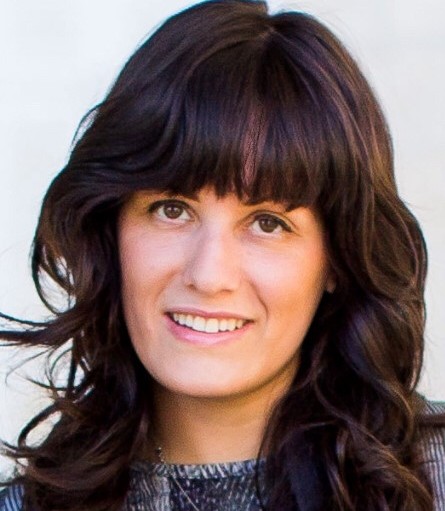 By Rachel Offenbacher, MD
By Rachel Offenbacher, MD
Modern medicine has transformed childhood disease; infant mortality and childhood death due to infectious diseases are uncommon in the United States today. Vaccinations have obliterated some of the deadliest illnesses physicians used to diagnose; small pox was successfully eradicated in 1979,1,2 the incidence of polio has decreased by 99%,3 and until recently, measles was believed to be obsolete.4
Measles was believed to be eliminated in the United States in 2000.4 Unfortunately, low rates of immunization in pockets in the United States allowed measles to return and spread among mostly unvaccinated children. Two doses of the measles-mumps-rubella (MMR) vaccine are required to protect children from measles. In 2017, only 85% of children received the first dose and 67% the second dose worldwide.5 We saw higher rates of vaccination in the United States; 91% of children received one or more doses of the MMR vaccine.6 However, in 2019, we have already seen 839 cases in 23 states and the number continues to grow.7 This is the greatest number of cases since 1994, prior to eradication.7
As a pediatric resident, I devote my time between very healthy children and very sick children. Most of my clinic patients are well: they’re growing up healthy and don’t need to see their physician very often. My other patients—those in the hospital—are acutely ill, whether with cancer, serious infections, or while awaiting organ transplants.
My challenge? To keep my healthy patients healthy, and to give my sick patients the best chance at getting better. That’s why I devote a lot of time to discussing the importance of vaccines.
In the first year of life, infants visit the pediatrician very often. I see my patients every two months and I take each opportunity to stress how important the scheduled vaccines are. Not only do I value the importance of ensuring safety for the healthy babies and children, but in the back of my mind, I am very concerned about herd immunity. The recent outbreak taught us clearly that every vaccination counts and every child who isn’t vaccinated puts themselves and others at risk. Herd immunity is defined as the resistance to the spread of a contagious illness due to a large majority of immune individuals in the public; importantly, herd immunity is facilitation by widespread community vaccination.8
As a physician and future pediatric oncologist, I believe that physicians have the responsibility to be vocal. We need to share our knowledge and health worries with our patients, because otherwise the antivax propaganda will have an easier path to gain more followers.
I’m grateful that most of the patients I’ve had the opportunity to care for had been vaccinated on schedule. However, when my patients who are diagnosed with cancer initiate chemotherapy in hopes of cure, their immune systems are wiped clean, which means their immunity to contagious illnesses is essentially nonexistent. Children with cancer spend a great deal of time in the hospital, whether to undergo treatment or to protect them from developing infections outside. In this way, young patients rely on herd immunity to protect them from exposure to illnesses they’re no longer immune to. By vaccinating healthy pediatric patients, I take pride in knowing these healthy kids’ immunity also facilitates safer opportunities for kids with cancer to enjoy time with their family outside the hospital.
By encouraging vaccination in healthy kids, we have a better chance of curing sick kids. And that makes all the difference.
Dr. Offenbacher is a pediatric resident at the Children's Hospital at Montefiore. She serves as a national program delegate for the Section of Pediatric Trainees for the American Academy of Pediatrics (AAP) and is a resident representative for the Graduate Medical Education Committee (GMEC). She is also a resident CATCH grant recipient for AAP. She plans to pursue a fellowship in pediatric hematology oncology.
References
- Bremen JG, Arita I. N Engl J Med. 1980;303:1263-73.
- Fenner F. Rev Infect Dis. 1982;4:916-30.
- World Health Organization. Poliomyelitis. Mar 1, 2019.
- Centers for Disease Control and Prevention (CDC). Measles history. Feb 5, 2018.
- Magra I. New York Times. Apr 25, 2019.
- CDC. Immunization. Mar 17, 2017.
- CDC. Measles cases and outbreaks. May 20, 2019.
- U.S. Department of Health and Human Services. Vaccines protect your community. Vaccines.gov. Dec 2017.


Recent posts